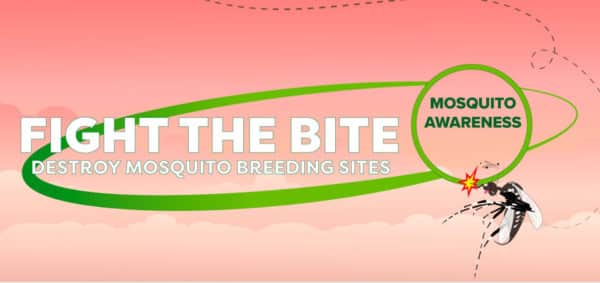The Ministry of Health, this year grants aid to 413 municipalities to collaborate with their municipalities in the fight against the tiger mosquito.
The Valencian Community is one of the few autonomies that has this type of subsidy distributed, to the 82 municipalities of Castellón, 236 of Valencia and the remaining 95 in the province of Alicante.
The competence in the control of the population of mosquitoes and other species of insects is municipal. However, the Ministry of Health carries out support actions and provides technical advice to municipalities to reinforce the programs they develop, especially for populations with less economic capacity.
The aid is managed in collaboration with the Valencian Federation of Municipalities and Provinces and seeks to reinforce the treatments and measures to combat the tiger mosquito adopted by the municipalities.
The maximum amount to be received by each municipality depends on the economic valuation of their campaign against the tiger mosquito, but in no case can it exceed 15,000 euros. The total amount of the subsidies from the Ministry of Universal Health amounts to 350,000 euros.
In addition to this grant, within the lines of support to combat the tiger mosquito and other species, the Public Health Relevance Vector Program of the Ministry of Universal Health and Public Health has defined other initiatives.
Specifically, the General Directorate of Public Health and Addictions has a network that extends systematic entomological surveillance to other relevant vectors in Public Health. This network covers all the municipalities of the Valencian Community.
This control has been developed by professionals from the Entomology and Pest Control Laboratory of the University of Valencia. Studies have allowed the detection of developing larvae of the tiger mosquito in more than 400 municipalities of the Valencian Community.
Technical personnel from Environmental Health of the Public Health Centres have also been advising the municipalities that request it since 2017. These professionals visit some 120 locations each year with the aim of offering direct information on the importance of controlling the tiger mosquito as well as basic guidelines for action.
The most effective measure is to eliminate the possible sources of breeding to prevent the insect from developing. To do this, it is necessary to prevent the accumulation of water, especially on balconies, patios and gardens.
Other recommendations that are useful are to avoid waterlogging in the gardens, keep the ornamental fountains disinfected and clean, as well as the drains and gutters.
In addition, in the gardens it is recommended that there is no accumulation of water in umbrella bases, cover the water cans with mosquito nets and cover any container in which water can accumulate with a lid. It is important to frequently empty the drinking bowls of domestic animals.
Likewise, from the General Directorate of Public Health and Addictions, information sessions are held for the population and professionals, which are reinforced with graphic material with preventive advice, as well as with support documents for the municipalities, in addition to campaigns in the media during the summer months.






